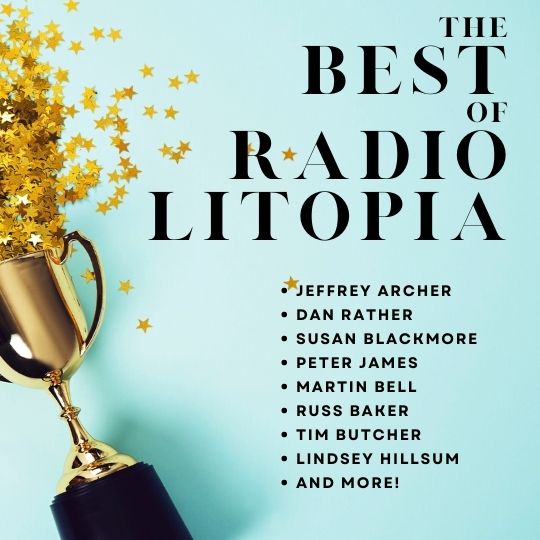Paul Whybrow
Full Member
I've reached the end of writing my second novel 'Who Kills A Nudist?' I have very mixed feelings about this, much as I experienced with the first novel. These include gladness, sadness, a sense of achievement, gloom at the editing that still needs to be done, a pointless pondering of the manuscript's fate as a potential book and excitement that I can move onto the next novel.
I finished the last chapter at weekend, typing 'The End' wryly, as I knew it wasn't. Happily, I penned a new Chapter 1 yesterday afternoon and evening. I botched the original, by boiling it down to an uninspired lump of 89 words. I wanted to lead my readers into the story gradually with short opening chapters, but the brevity was off-putting.
The new chapter came out well, and the fresh version is superior to what I wrote seven months ago. I read the advice of some writing guru, to tackle the first chapter last after you've written the rest of the novel. This makes lots of sense, in that it enables one to set the mood for what's to come, lacing the narrative with subtle threads.
We all need to start a story somewhere, but as characters do things we hadn't anticipated at the beginning new themes may emerge, which a rewrite of Chapter 1 can hint at; readers are sensitive to such vague allusions.
As the first five pages are reckoned to be crucial to the success of a manuscript in getting off the slushpile, an attention-grabbing Chapter 1 is vital. Noah Lukeman goes so far as to suggest that it's the first five sentences that determine the fate of a submission by an unknown author.
Have any other Colonists tried this way of writing Chapter 1? It's not quite putting the cart before the horse—more like replacing the old horse with a fresh stallion!

I finished the last chapter at weekend, typing 'The End' wryly, as I knew it wasn't. Happily, I penned a new Chapter 1 yesterday afternoon and evening. I botched the original, by boiling it down to an uninspired lump of 89 words. I wanted to lead my readers into the story gradually with short opening chapters, but the brevity was off-putting.
The new chapter came out well, and the fresh version is superior to what I wrote seven months ago. I read the advice of some writing guru, to tackle the first chapter last after you've written the rest of the novel. This makes lots of sense, in that it enables one to set the mood for what's to come, lacing the narrative with subtle threads.
We all need to start a story somewhere, but as characters do things we hadn't anticipated at the beginning new themes may emerge, which a rewrite of Chapter 1 can hint at; readers are sensitive to such vague allusions.
As the first five pages are reckoned to be crucial to the success of a manuscript in getting off the slushpile, an attention-grabbing Chapter 1 is vital. Noah Lukeman goes so far as to suggest that it's the first five sentences that determine the fate of a submission by an unknown author.
Have any other Colonists tried this way of writing Chapter 1? It's not quite putting the cart before the horse—more like replacing the old horse with a fresh stallion!




